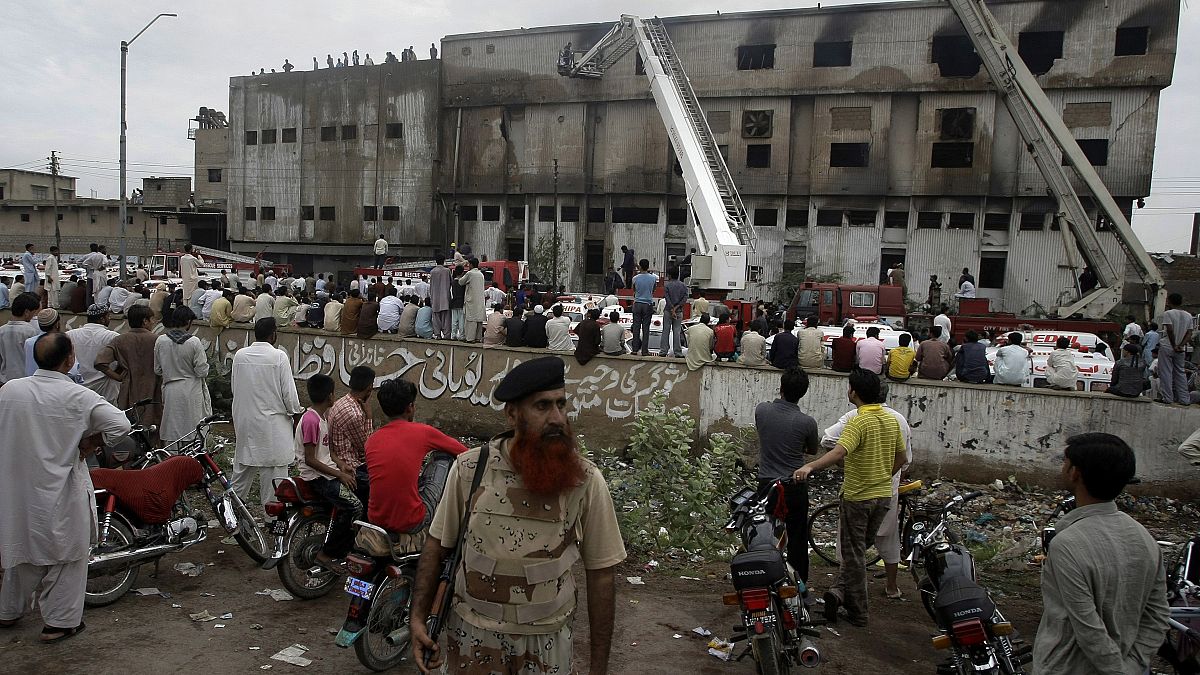European companies are under pressure to police their supply chains for environmental and human rights breaches.
European companies that fail to crackdown on human rights and environmental abuses may face hefty fines in the near future.
Under a new EU draft law presented by the European Commission, firms will have to do more checks on suppliers for breaches of these kinds.
"The proposal covers two groups of companies, with limited liability. Those with more than 500 employees and a turnover of at least €150 million worldwide," European justice commissioner Didier Reynders told reporters on Wednesday.
"This represents approximately 9,400 companies and those with more than 250 employees, achieving a turnover of €40 million or more worldwide. Small and medium enterprises do not fall within the scope of our directive."
The rules will apply to certain companies outside the EU, but trading in the bloc as well.
However, according to the proposal, more than 90% of EU companies could be exempt, including businesses in the clothing, food and beverages industries, which often have higher exploitation risks.
For Claudia Saller, director of the European Coalition for Corporate Justice, this issue must be addressed.
"The point would be really to enable the 'Davids' - in this case - to step up and claim their rights and minimise the power of the Goliaths and to come to a world where business doesn't mean violating human rights," Saller told Euronews.
National authorities will check if companies enforce the rules and decide the extent of the fines according to the harm caused to people and the planet.
The issue was previously highlighted by a documentary about German clothing discounter, KiK, after a fire broke out at a factory in Karachi, Pakistan, killing 260 workers and wounding 32, where the company was the main consumer.
Investigations into the incident found that the garment facility did not provide the measures for basic health and safety and failed to comply with labour standards.
Just some months later, the Rana Plaza disaster happened in Bangladesh under similar circumstances, where over 1,100 people died.
The draft law must now go through the European Parliament and European Council for eventual approval.


